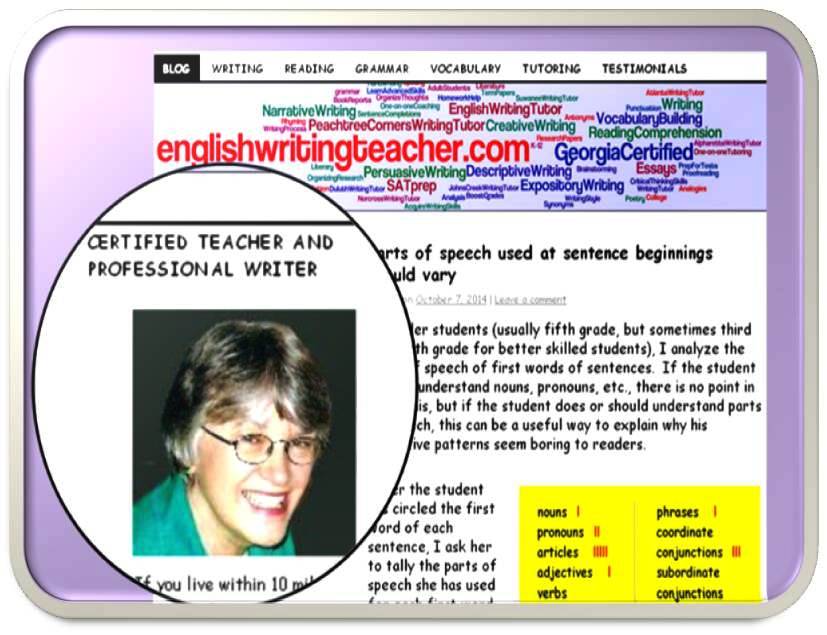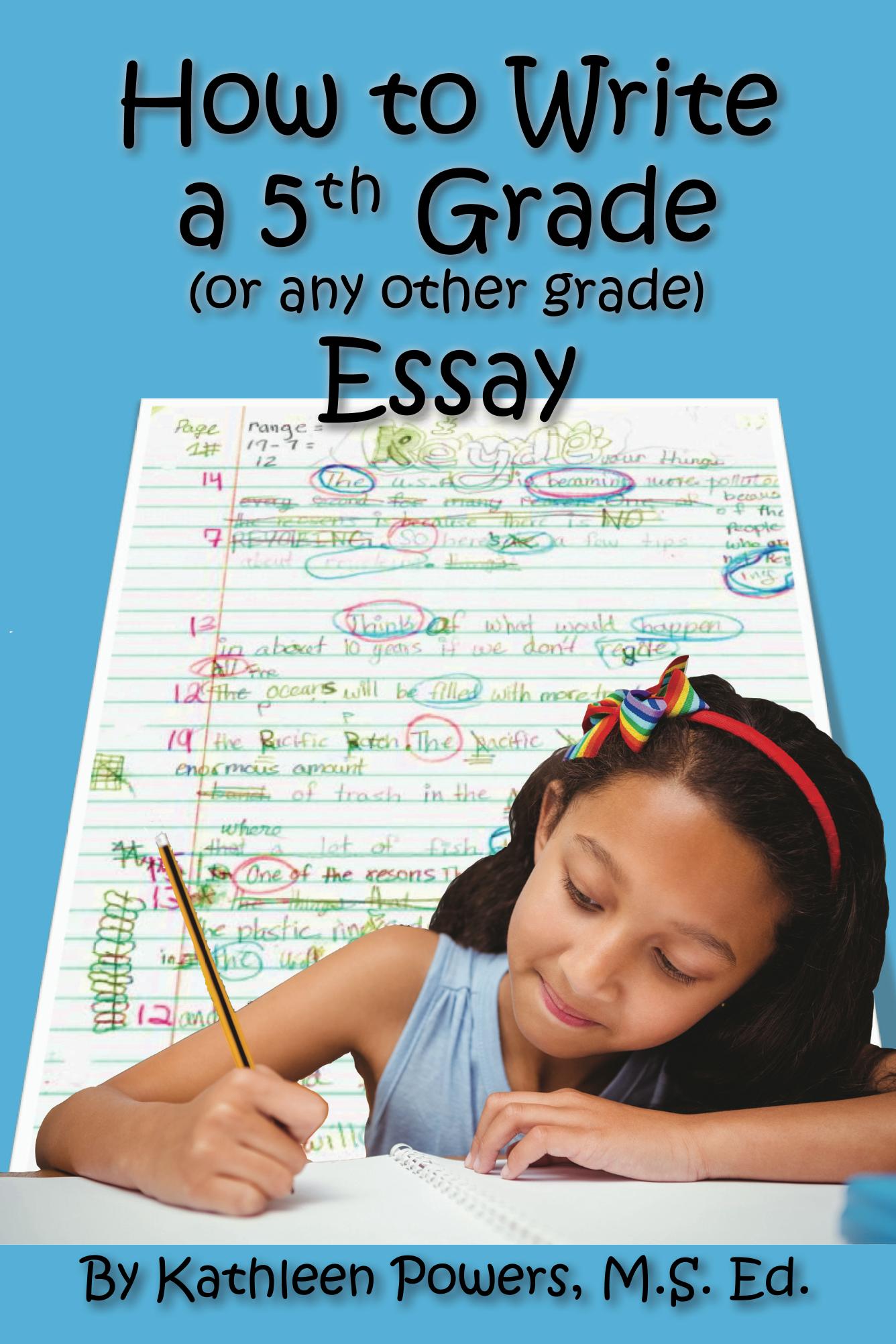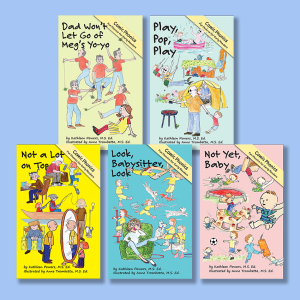Sometimes my best teaching strategies come from children themselves.

I was working with a PreK student the other day. She has mastered reading CVC words (consonant-vowel-consonant words like “cat” and “six”). Now we are focusing on blends at the beginning of CCVC words like “swim” and “spill.”
One at a time I was showing her illustrations of CCVC words. At the same time I was sliding a handful of letters near the illustration. The letters included the letters needed to spell the word plus some distracting letters. My student’s job was to pull out the letters needed in the correct order and “write” the word under the illustration.
Except that she didn’t want to do that. She wanted to write her name using the letter tiles. We were getting nowhere, so I let her write her name. Then, after her name she wrote the word “is,” and after “is” she wrote “not.” Then she wrote the word we were trying to spell in the picture, “twin.”
“Chaulian is not twin,” she said aloud, laughing because she knows she is not a twin. I pulled out the letter “a” and inserted it into her sentence. “Chaulian is not a twin,” she read.
“You wrote a sentence, Chaulian.”
She was engaged again. I pulled another illustration, this time of a plum. I took away “twin” and put six letters in front of my student. From them she picked “plum” and changed her sentence to “Chaulian is not a plum,” laughing once more at the ridiculousness of that thought.
We continued, with Chaulian writing little sentences about herself using CCVC words.
A few days later I tried this same approach with an even younger child. She is learning CVC words, but of course she already knows how to spell her name. I asked her to spell her name with letter tiles and then I added “is not a” and pulled illustrations. Nneka is not a cat. Nneka is not a map. Nneka is not a ten. Like Chaulian, Nneka’s interest in our reading game increased when her name was used. And when she read aloud her nonsense sentences, she laughed and laughed. Our work together had turned into a silly game.
Little children are self-centered, so of course it made sense to use their names. And wacky little sentences made our work fun. I was thrilled to keep their attention longer than usual. Win-win.
Chaulian is a teacher.





